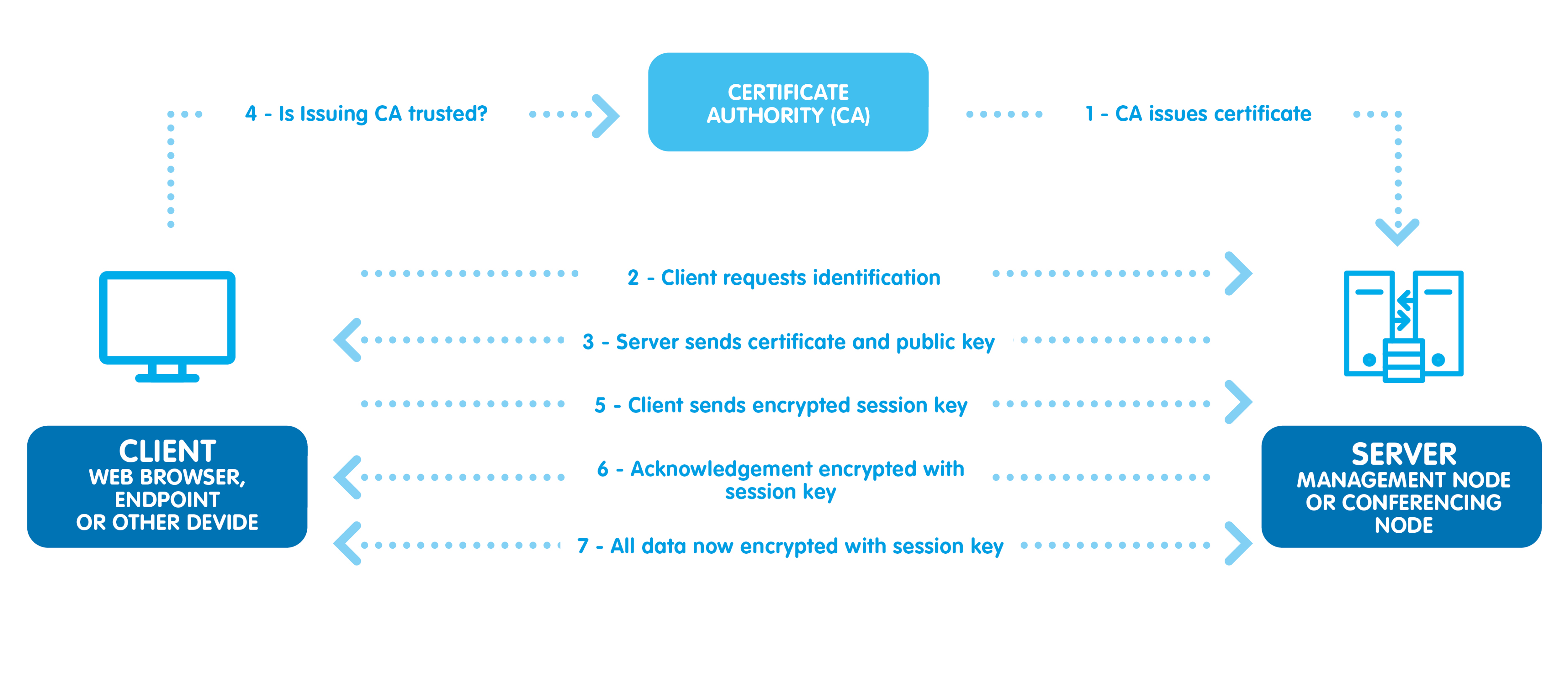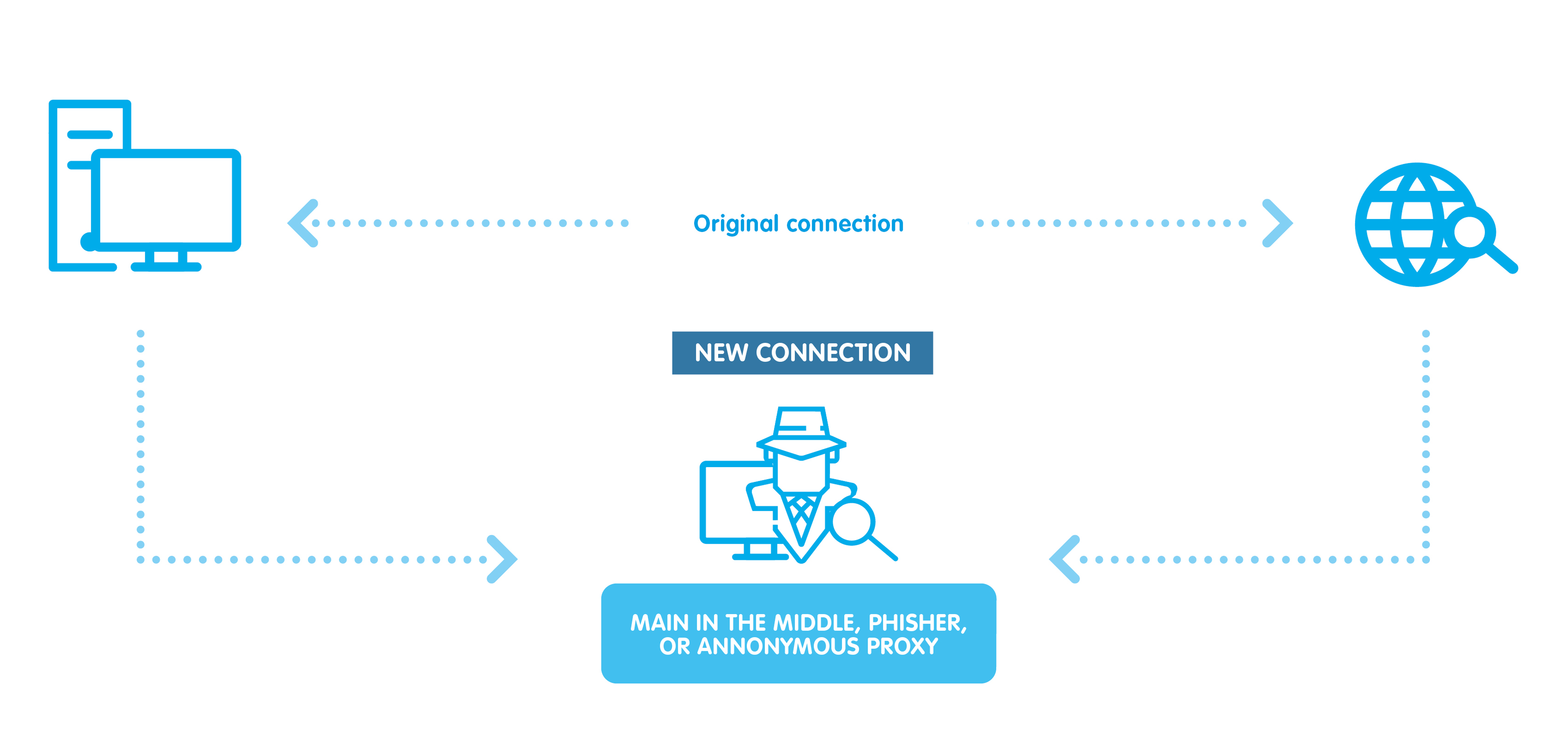Why you need a TLS certificate to keep your data safe.
Please allow me to introduce myself. I’m a man of weal… ops, no this is another story (or is it a song?). My name is Michele, and I’m one of the Imagicle software engineers. I’m new in the company and this is my very first article for the blog, so please, be kind. 
Network security becomes an increasingly decisive topic due to the large number of transactions and data that we share through cloud systems. The violation of the identity or credentials has become a problem no one wants to deal with. We want to be on the first line to grant the security and safety of all the data you provide to us.
The new Attendant Console aims to give full support to network security, wherever you are.
A secure connection is intended to avoid that the streaming of information from one point to another is intercepted, read, modified, or re-directed. The tools we need to achieve this result are the TLS certificates. Through this technology, it is possible to establish connections that assure privacy and integrity of the information shared and can also guarantee the identity of the actors involved in the transaction.
With the winter update, the Imagicle Attendant Console can fully support TLS secure connection.
So, it is with great pleasure that I introduce you to the safest Attendant Console ever.
 Guarda
Guarda


0 commenti